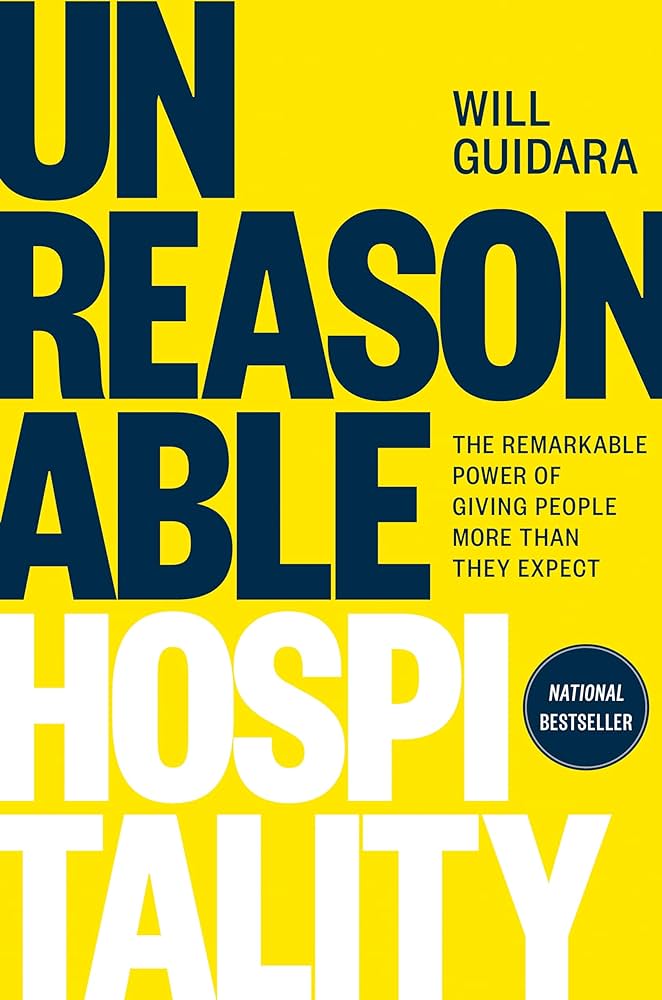
It's good — better than I expected, worse than it could have been, useful all the same. I learned a good amount, such as the terminology of grace notes and the fact that the only reason EMP survived the financial crisis was because the parent company also owned Shake Shack. (There is an entire essay to be written about how Shake Shack and EMP represent a well-rounded barbell.)
Two-thirds through the book, I was ready to criticize it for being a bildungsroman without any conflict or pain: Guidaras choppy, anecdote-first style of writing makes the narrative feel like minor rising action after minor rising action, laudable breakthrough after laudable breakthrough. This was amended well with the book's climax, and the story of EMP having to shed a lot of its skin and weight to make it over the mountaintop.
Would I enjoy this book as much if I didn't love The Bear (or wasn't quite as obsessed with cuisine as a metaphor for software)? Probably not, but there are worse books in this genre, and I think it's worth your time.
★★★